Kierkegaard's Romantic Legacy —— Two Theories Of The Self
----- 克尔恺郭尔的浪漫主义遗产:自我的两种理论
S?ren Aabye Kierkegaard (1813–1855) was one of the nineteenth century’s most important philosophers. Born and educated in Denmark, he laid the groundwork for what would later become known as existentialism. As such, he was a key influence on twentieth-century thinkers like Karl Jaspers and Martin Heidegger, both of whom drew extensively on his analysis of despair and freedom. In Kierkegaard’s Romantic Legacy, Anoop K. Gupta develops an original theory of the self based on Kierkegaard’s writings. Gupta proceeds by historical exegesis and considers several important ways of thinking about the self outside of the natural sciences. His study moves theories of the self away from theology and toward sociology, from a God-relationship to a social one, and illustrates how a loss of theological underpinnings partly contributes to the rise in the popularity of cultural relativism.
{{comment.content}}

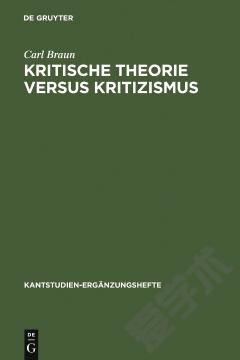
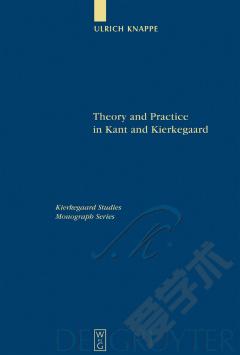
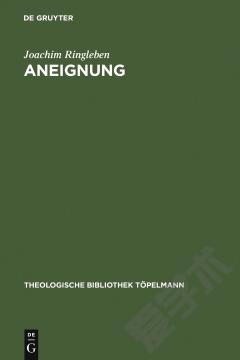
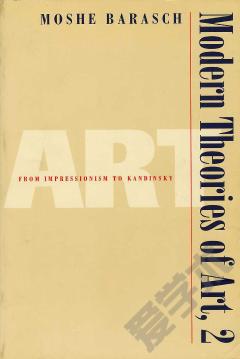
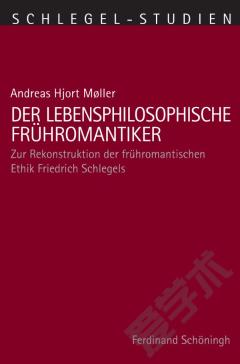
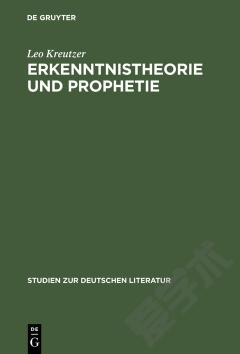

 京公网安备 11010802027623号
京公网安备 11010802027623号